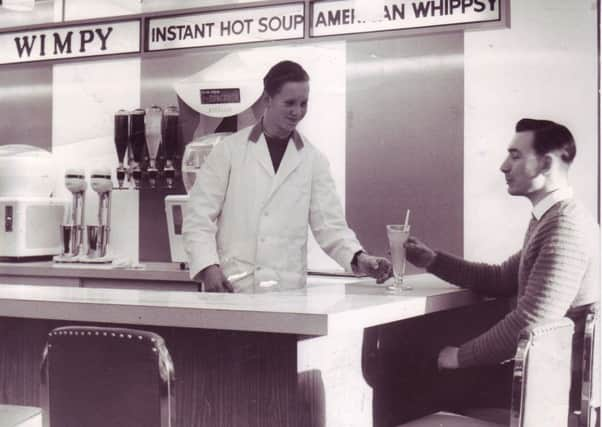David Behrens: Am I all right? Well, I've got a bad case of homogenised language


I don’t think they have taken a quick glance and jumped immediately to the conclusion that I must not be. It’s just that checking with each other that we are OK has become the default greeting in this country. It has replaced the cheery “Ow do” and similar derivatives that sufficed for years.
That’s fine. English is a living language which evolves with use.
Advertisement
Hide AdAdvertisement
Hide AdBut the question is redundant. We all know what the response is going to be. We might have tennis elbow and stomach flu but we’re always going to reply that, yes, we’re fine, thanks.
Sometimes we try to change the record by mixing up our answers, but we succeed only in making them more banal. “Not three bad, mustn’t grumble”.
So my New Year’s resolution is not to ask people how they are, unless I already know they’re ailing. “You’re looking well” is what they would want to hear, even if it isn’t true.
And what body language should accompany the greeting? Our traditional British reserve has never stretched to a physical embrace. Even a two-handed handshake seems unnecessarily intimate.
Advertisement
Hide AdAdvertisement
Hide AdAmericans, on the other hand, seem to have gone all in for the male hug – which is one thing when parting but quite another when a simple “hello” would have done.
The trouble is that we Brits have never been entirely comfortable in our own skin. Why else would we preface a complaint by apologising. “I’m terribly sorry to trouble you, but… the vacuum cleaner you sold me last week has caught fire.”
There was a time, I was reminded the other day, when that sort of eventuality was a genuine concern. Flicking through the pages of some old Which? magazines rescued from a bric-a-brac shop in Otley took me back to a time when even plugging something into the mains was an adventure.
Appliances did not come with fitted plugs, and in our house there always seemed to be one fewer plug than there were gadgets in need of one. Whenever a new iron or table lamp arrived, the plug was removed from something that hadn’t been used for a while.
Advertisement
Hide AdAdvertisement
Hide AdIt was no wonder that in comparing household cleaners, Which? had to warn its readers off several models on the grounds that their wiring did not seem to be sufficiently insulated. Some of these were not even available in the shops, but from door-to-door salesmen – for whom finding the right greeting in order to get a foot in the door never seemed to be a problem.
As late as 1981, Which? was recommending cars on the basis of which ones were least likely to be damaged on arrival from the factory, or go rusty shortly thereafter. Its Austin Metro had 35 defects on delivery, and needed a new gearbox in its first year.
The same issue of the magazine contains a time capsule of our eating-out habits of four decades ago. There were just 53 branches of McDonald’s in Britain, and none outside the South-east and Midlands, but 545 Wimpy Bars, where the burgers came with knives and forks and were brought to your table by waiters.
There were still 35 Kardomah restaurants and coffee houses, and even The Golden Egg was clinging to life – but it was Berni Inns and Little Chef, with 330 branches between them, that were the best options for fine dining. Hardly any of these chains had no-smoking tables, by the way.
Advertisement
Hide AdAdvertisement
Hide AdThe sniffy review of McDonald’s tells us a lot about the changing times. “Excellent food, provided you like that kind of thing and don’t mind eating with your fingers,” it said.
As it turned out, we didn’t mind. We had realised that life in Britain was too much trouble, and when we threw out the cutlery, we also abandoned some of the vernacular.
Our language now is as homogenised as our high streets: the shops, the food and the greetings are the same no matter whether you’re in Doncaster or Dorking.
How will it be in another four decades? Will we have regained our national individuality, or will the 2010s be considered a golden age of relative grandiloquence?
If I’m still around to see it, I’ll be too old to care, but before anyone should ask...I’ll be fine – thanks. Happy New Year.